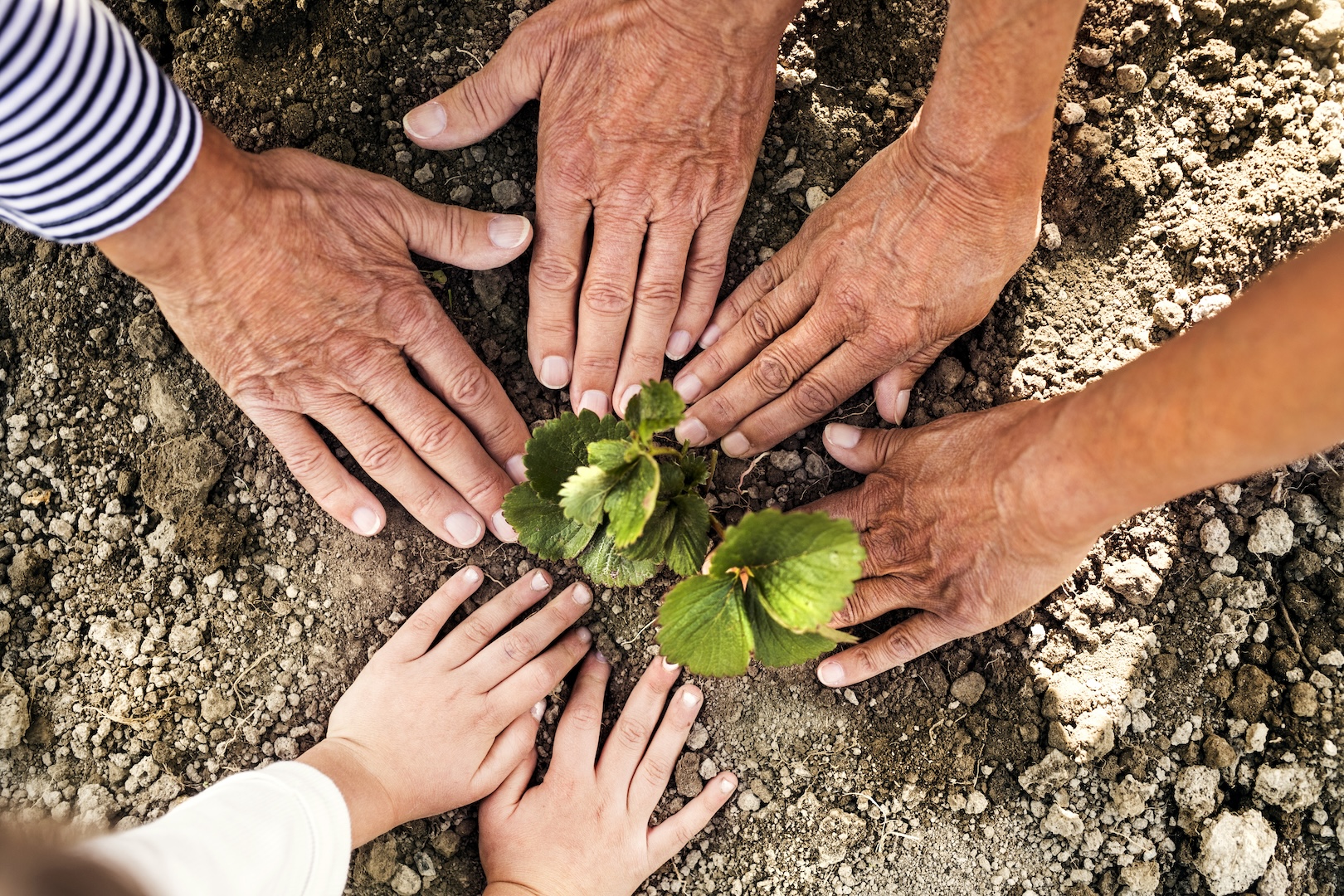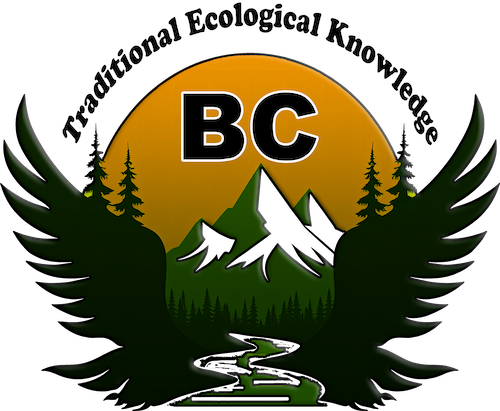It Makes Sense
Indigenous-led conservation in BC is not a new concept; it is a continuation of the stewardship practices that Indigenous Peoples have been implementing for thousands of years. These practices are deeply rooted in a profound understanding of the interconnectedness of life, where land, water, and all living beings are considered relatives, not resources.
TEKBC hopes to offer innovative conservation solutions that harmonize traditional knowledge with contemporary environmental management techniques. By leveraging Indigenous wisdom and modern science, together we'll work to restore ecosystems, promote biodiversity, and ensure sustainable use of natural resources.
Historically, Indigenous Peoples have managed their territories through principles of respect, reciprocity, and relationality, ensuring that their actions today do not harm future generations. OSKYA embodies these principles by engaging in projects that not only protect the environment but also enhance the well-being of Indigenous communities. For instance, their reforestation initiatives not only aim to increase tree cover but also to revitalize traditional plant gathering areas, supporting both ecological and cultural revitalization.
In the current landscape, the implementation of the Declaration on the Rights of Indigenous Peoples Act (DRIPA), provides a legal framework that recognizes Indigenous rights and paves the way for more collaborative conservation efforts. OSKYA plays a critical role in this evolving scenario, serving as a bridge between Indigenous communities, government bodies, and environmental organizations. Their projects demonstrate how respecting Indigenous sovereignty and integrating traditional ecological knowledge can lead to more effective and equitable conservation outcomes.
Amazing Opportunities for Everyone
Indigenous-led conservation initiatives across British Columbia are not just vital environmental endeavors; they're also significant economic drivers. These initiatives provide jobs, support local economies, and can lead to the sustainable management of natural resources. By centering Indigenous wisdom and practices in conservation, these efforts often result in more resilient ecosystems that are better able to provide the ecological services upon which economies depend, such as clean water, air, and a stable climate. Sustainable tourism, empowered by pristine landscapes and rich cultural heritage, further illustrates how Indigenous-led conservation contributes to economic vitality. These ventures not only attract visitors from around the globe but also create sustainable livelihoods for local communities.



